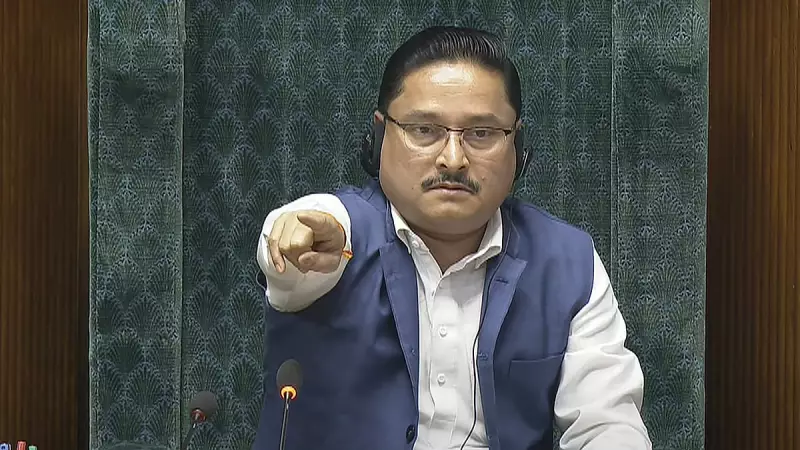
In a strongly worded response, India has expressed deep disappointment with a recent United Nations report on Myanmar, describing it as "blinkered" and failing to address the complex realities on the ground. The Indian government has called for a more inclusive approach to resolving the ongoing political crisis in the neighboring country.
India's Diplomatic Stand
New Delhi has made it clear that the UN report overlooks the legitimate concerns of all stakeholders in Myanmar. Official sources indicate that India believes sustainable peace can only be achieved through comprehensive political dialogue that includes all ethnic groups and political factions.
Key Concerns Raised by India
- The report's failure to acknowledge Myanmar's security concerns
- Lack of recognition for ongoing diplomatic efforts by regional partners
- Absence of balanced perspective on the humanitarian situation
- Need for constructive engagement rather than criticism
Regional Stability Considerations
India emphasized its significant stake in Myanmar's stability, given the shared border and historical ties. The government highlighted that instability in Myanmar directly affects India's northeastern states and regional security dynamics.
"Our approach has always been to encourage dialogue and reconciliation," stated an official familiar with the matter. "Blanket condemnations without understanding local realities are counterproductive."
India's Alternative Approach
- Support for ASEAN-led peace initiatives
- Encouragement of inclusive political dialogue
- Humanitarian assistance to affected populations
- Quiet diplomacy with all stakeholders
International Response and Implications
The Indian position reflects growing frustration with what many see as the international community's simplistic approach to complex regional conflicts. India's stance is particularly significant given its historical role as a regional leader and its current position as an emerging global power.
This development comes at a crucial time when Myanmar continues to grapple with political instability and humanitarian challenges following the 2021 military takeover.





